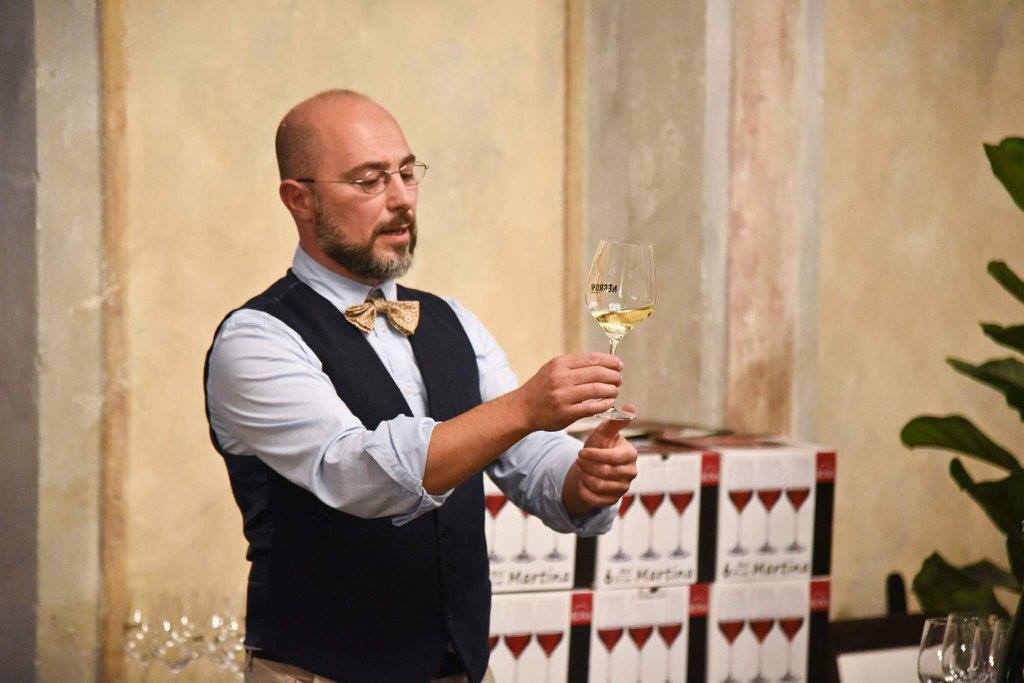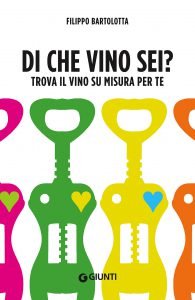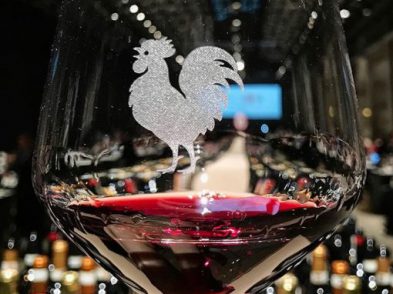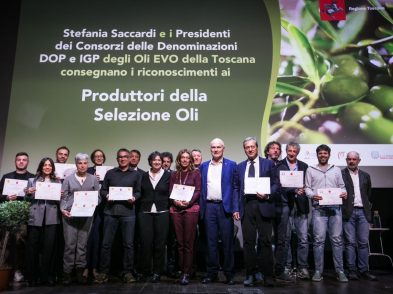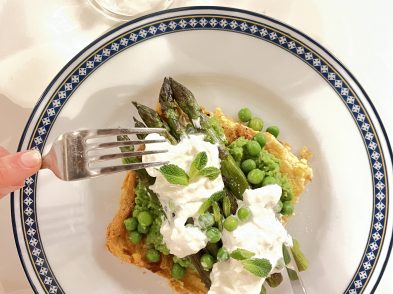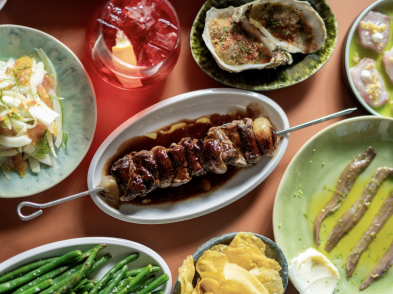The Innocent archetype is trusting, enthusiastic and a bit naïve.
Brimming with optimism, carefreeness and the purest of spirits, historic appellations, easy-drinking and not overly tannic wines will be his or her tipple of choice. Think fruity aromas and familiar flavours. A Piedmont-prefering Innocent will seek out a Dolcetto or Barbera, Langhe or Roero, or an old-school Barolo at the very most (“with gentle tannins and a silky touch, although more complex tertiary nuances on the nose would take them out of their comfort zone”). Natural wines might embrace the Innocent’s romantic and idealist side, but not in their most extreme expressions. The same applies to dessert wines: rather Valpolicella Ripasso than Vin Santo (“too aged and oxidative”) and Malvasia delle Lipari over Marsala (“too alcoholic and with complex aromas”).
The Common Man shares some of the character traits of the Innocent archetype. He’s responsible and collaborative, with a deeply conformist nature, who prefers to play things safe with reassuring wines from well-known brands. Opt for straight forward denominations such as Montepulciano d’Abruzzo and Chianti.
Passionate, seductive and refined, the Lover seeks out niche finds or less prominent vintages of fine wines—he or she goes crazy for a rags-to-riches Cinderellas. This personality type struggles to say no, fearful of being unloved and constantly striving to do their best for everyone else. It’s a weakness that’s also a strength as Lovers will always find excitement in everything and everybody. Aficionados of great classics—Burgundy, Champagne, and aged and elegant reds—the Lover also has the ability to enjoy less famous labels, as long as they’re intrigued by something special. And even if there’s nothing distinctive about the wine, you can be sure the Lover’s effusive nature will make it distinctive!
Is there really such a direct relationship between psychological profiles and our preferences? According to Carl Gustav Jung, one of the founding fathers of analytical psychology, humans are born with a set of ideas that pre-exist our experience, a theory originally suggested by Plato. These ideas set the ethos unerpinning human existence. The myths of distant cultures and the dreams of people on the other side of the world constantly repeat themselves, especially with the same meaning, everywhere. Regardless of the cultures to which peoples belong, we all share a sort of collective subconscious and our lives endorse certain scenes that are always the same: the characters in these scenes are called archetypes.
The archetype theory has inspired many authors, not only in the field of psychology but also in other areas like literature, filmmaking and marketing, because the hypothesis proposes a method of interpreting human behaviour that repeats itself always and everywhere. When I wrote that we drink archetypes, what I meant was we don’t essentially choose a bar of soap for its fragrance alone, but for the personality the soap conveys. The Innocent, the Common Man, the Warrior, the Guardian Angel, the Lover, the Explorer, the Rebel, the Creator, the Sovereign, the Magician, the Wise Man and the Joker… Each to their own!
The best thing about reasoning through archetypes is that our personalities are just a starting point; it doesn’t mean that somebody is telling us what we should like. Sure enough, as part of this model, the wine world becomes easier to explore—and it becomes easier to find your own inspiration too.
Knowing your archetype (or the archetype of the person who’s going to drink the wine) will help you to choose not just according to ratings in a guide or the opinions published in a magazine, but also on the basis of much more personal suggestions and characteristics. For example, you could opt for a wine that reflects the generosity and nourishment of the Guardian Angel, the power and resilience of a Warrior or the inexhaustible thirst for knowledge and learning of the Wise Man.
This article contains extracts from Filippo Bartolotta’s book Di Che Vino Sei? (Giunti, 2018), available in Italian from bookstores throughout Florence.


